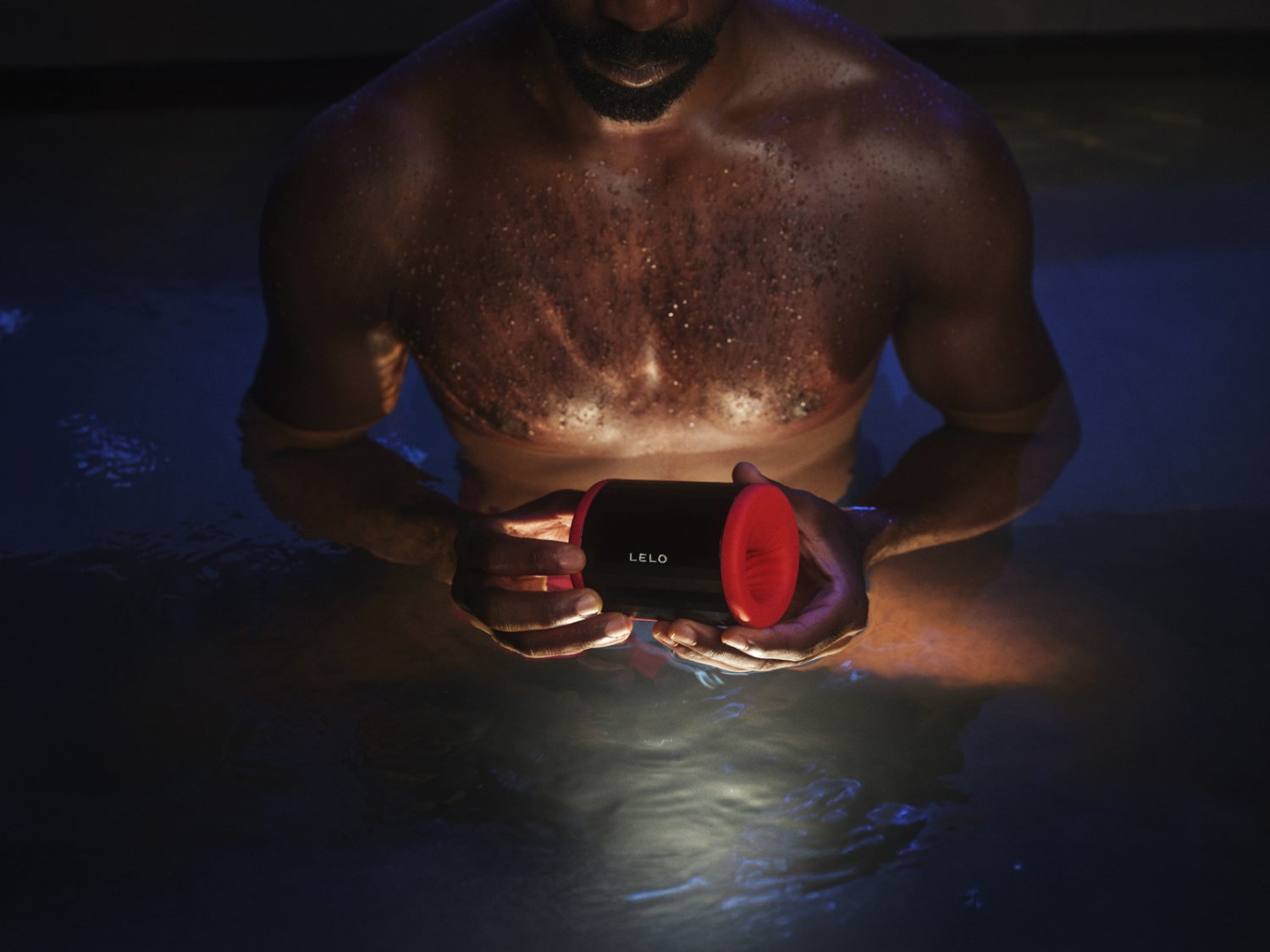If you’re human, chances are you probably have one or two things that you’re insecure about. All of us have self-esteem problems every now and then, but sometimes our gender identity has a role in the way we experience and deal with them. And men’s insecurities can sometimes feel especially hard to discuss.
In our experience, many folks who identify as men struggle to voice their insecurities, emotions and feelings. Some might argue that men are simply more confident, or that they feel less pressure to adhere to certain societal standards.
But “toxic masculinity,” or the dangerous limitation that describes manhood as being sexual, violent, status-driven, strong and aggressive, affects more than just women—it affects all of us.
How Toxic Masculinity Affects Men
Toxic masculinity suggests that emotion and insecurity are more “feminine” traits, and thus considered a weakness. Still, the phrase “toxic masculinity” can raise some defenses, especially among those who identify as men. But here’s the thing: toxic masculinity is not an attack on men—rather, it argues that we are actually harming men by limiting the definition of manhood to something so parochial.
In fact, such a strict definition of manhood might make it harder for men to express their feelings, and insecurities.
“Crying wasn’t something that was tolerated in my family,” says Ryan, a 34-year-old man living in Los Angeles. “I remember my dad comparing me to my baby sister, and telling me to ‘man up’ when I came home upset about a bully.”
Anytime when we experience shame, it becomes harder to untangle the negative experiences associated with that memory. Thus, men who experienced the negative effects of toxic masculinity as children may find it more difficult to express their emotions, feelings and insecurities in adulthood. This then puts strain on their relationships, their own mental health, and society as a whole.
“Insecurity feels like a weakness,” says Stavros, a 29-year-old in New York. “It’s not something I can discuss casually with my friends over brunch, like my girlfriend does. “When my friends and I discuss anything we’re insecure about, it’s almost always in a joking manner—like we’re not really insecure, we’re just pretending to be.”
“When my friends and I discuss anything we’re insecure about, it’s almost always in a joking manner—like we’re not really insecure, we’re just pretending to be.”
One of the first steps toward tackling these insecurities is by encouraging a space where we can all feel comfortable sharing. By doing this we can create a world where men feel less forced to swallow their emotions. In no particular order, here are 5 of the top insecurities men of varying ages and orientations confessed to having:
1. Their Bodies
Women and non-binary people aren’t the only ones who struggle with body image. While diet culture has historically been targeted at women, it’s not uncommon for male-identifying parties to feel upheld to the pressures of “traditional” male physiques. Height, weight, skin, and hair are all things men have admitted to feeling insecure about.
“I feel super self -conscious about my hair,” said Tyler, 33. “I’ve been balding since college, and I struggled with how to present myself.”
Men also struggle with things we might not even consider, like nipple shape, or patchy beard hair. In any case, even if a man doesn’t discuss securities about his body, it doesn’t mean he doesn’t have them.
2. Their Penises
No surprise here, but one of the most insecurities among men revolves around the penis! Many men are concerned that their penises aren’t big enough, but there are also cases where men feel as though their penises are too big. And before you get too deep into your eye roll, hear us out: Sometimes, a man who is especially well-endowed can’t enjoy penetrative sex without harming his partner. A giant penis might sound pretty cool, but it makes sustaining a regular sex life difficult. Regardless, penis size and appearance (and testicle shape and size) are definitely one of the top insecurities among men.
3. Sexual Performance
We often associate “manliness” with strong sexual performance. So it can be incredibly frustrating for a man who feels as if he’s unable to live up to these expectations if he can’t stay hard or last long in bed. To make matter worse, stress and anxiety only exacerbate ED. Once you start fretting over performance, it becomes all the more challenging to maintain that lovely erection.
“It’s so embarrassing when I can’t stay hard, and it often happens in new relationships,” says Mikey, 27. “The worst part is, I don’t know how to communicate it with my partner.” Insecurity surrounding sexual performance affects men of all orientations.
“The worst part is, I don’t know how to communicate it with my partner.”
“It’s really frustrating when my partner is hard but I’m not,” says Angelo, 31. “And it’s definitely not something the gay community talks about nearly enough.”
If this is something you or your partner are routinely struggling with, then consider some sexual accessories (like Promescent delay spray) or talk to a professional. Either way, you’re not alone, and there’s no need to be ashamed about anything happening inside your body!
4. Sexual Desires
Dominant sexual behaviors are traditionally associated with masculinity, so it can be frustrating for a man who wants to be his submissive fantasies without fear of judgment. It’s not uncommon for men to be ridiculed when they express a desire to enjoy a little anal stimulation or explore gay or bisexual curiosities.
In fact, bisexual or pansexual men often have their sexuality totally invalidated, and are immediately labeled as gay. But if you’re interested in exploring or redefining your sexuality, that is something you get to define—no one else.
5. Employment Status
In our Western culture, men’s identities are often tied to their profession. The more insecure someone becomes, the more likely they are to compare themselves to others. This creates a vicious cycle of self-judgment and keeping score. This also contributes to the expectation of having to earn a specific amount of money, which can also factor in a man’s self-esteem.
“I really wanted to become a librarian,” said Sebastian, 37. “And my friends all laughed at me. I felt weird that I was earning less, or not doing something as cool as them, even though I love my job.”
Fostering an environment where men feel more comfortable vocalizing their insecurities allows us to challenge the harmful stereotypes we associate with masculinity. By challenging these deep-seeded gender norms, we create a world where gender is more widely accepted as being fluid.
—
Amanda Kohr is the Content Manager at Sex With Emily. She also writes for VICE, Refinery29, Betches, and Hello Giggles. You can visit her via her website and Instagram.











